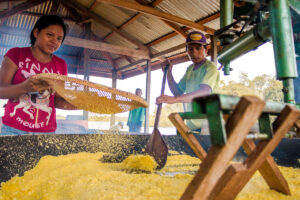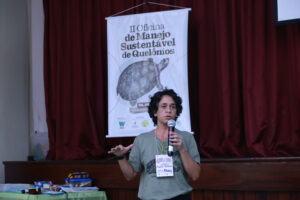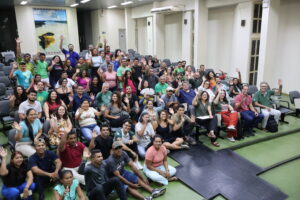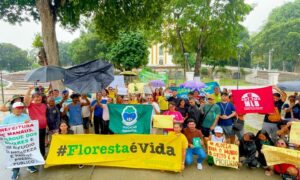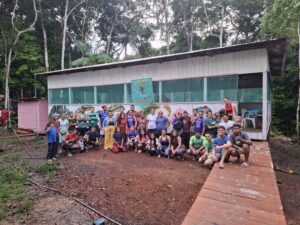The proposal undermines environmental licensing and threatens the socio-environmental rights in Brazil.
By: Camila Duarte Ritter
Instituto Juruá expresses its concern and opposition to Bill 2159/2021, known as the “Devastation Bill” (PL da Devastação), recently approved by the Senate and now returning to the House of Representatives. The proposal seeks to establish general rules for environmental licensing in Brazil, claiming to unify and simplify procedures. However, what is at stake goes far beyond administrative efficiency: it is the potential weakening of one of the country’s main tools for controlling and preventing socio-environmental impacts.
The current text of the Bill creates extremely worrying loopholes. Allowing self-declared licensing, that is, carried out without prior review by environmental agencies, waiving impact studies for certain activities, and authorizing states and municipalities to ease the rules according to their own criteria are measures that jeopardize the technical quality, transparency, and reliability of environmental decisions. In addition, this bill weakens the precautionary principle by prioritizing “speed” and “economic freedom” over socio-environmental protection. In this context, projects may be authorized without adequate knowledge of the associated risks, compromising ecological safety and public health. These changes favor short-term economic interests at the expense of environmental health, the rights of affected populations, and the resilience of Brazilian ecosystems in the face of the climate crisis.
The proposal represents a major setback. It directly clashes with the commitments undertaken by Brazil in international agreements, such as the Paris Agreement, and weakens the institutional mechanisms that should protect the country’s rich and strategic socio-biodiversity. Instead of ensuring development aligned with environmental and climate justice, Bill 2159/2021 paves the way for the repetition of tragedies already experienced, such as the crimes of Mariana and Brumadinho — events that exposed the fragility of inspection systems and the high human, social, and environmental costs of negligence.
It is necessary to remember that indigenous peoples, riverine populations, and other traditional communities are not responsible for environmental degradation. On the contrary, these groups demonstrate daily that it is possible to combine the sustainable use of natural resources, the appreciation of local knowledge, and income generation with environmental conservation. Their practices and ways of life offer concrete paths toward building a low-carbon economy based on social justice and ecological balance.
Weakening environmental licensing means, therefore, ignoring these alternatives, turning away from science and civil society, and opening the door to high-impact projects with low social returns. Instituto Juruá acknowledges the importance of reviewing and improving the environmental licensing system, but argues that this revision must be carried out responsibly, in a participatory manner, and in a way that strengthens technical criteria, analytical independence, access to information, and the public interest.
We advocate for robust, ethical, and transparent environmental licensing, with studies conducted by independent institutions, without confidentiality clauses, ensuring broad social participation, and respecting ecological limits as well as the rights of traditional peoples and communities. A country that aims to lead the global ecological transition must lead by example at home.
It is urgent to rethink Brazil’s environmental trajectory so that the country can assume a leadership role in building a fair, sustainable, and innovative future. Instead of going against the global movement, Brazil must be at the forefront of clean technologies, new economies, and solutions that reconcile development with conservation. The world demands profound transformations, and Brazil must be a protagonist in driving positive change, not complicit in the continuation of tragedy. It is time to strengthen, not weaken, Brazil’s environmental legislation. The future of Brazil, and of the planet, depends on the choices we make today.


